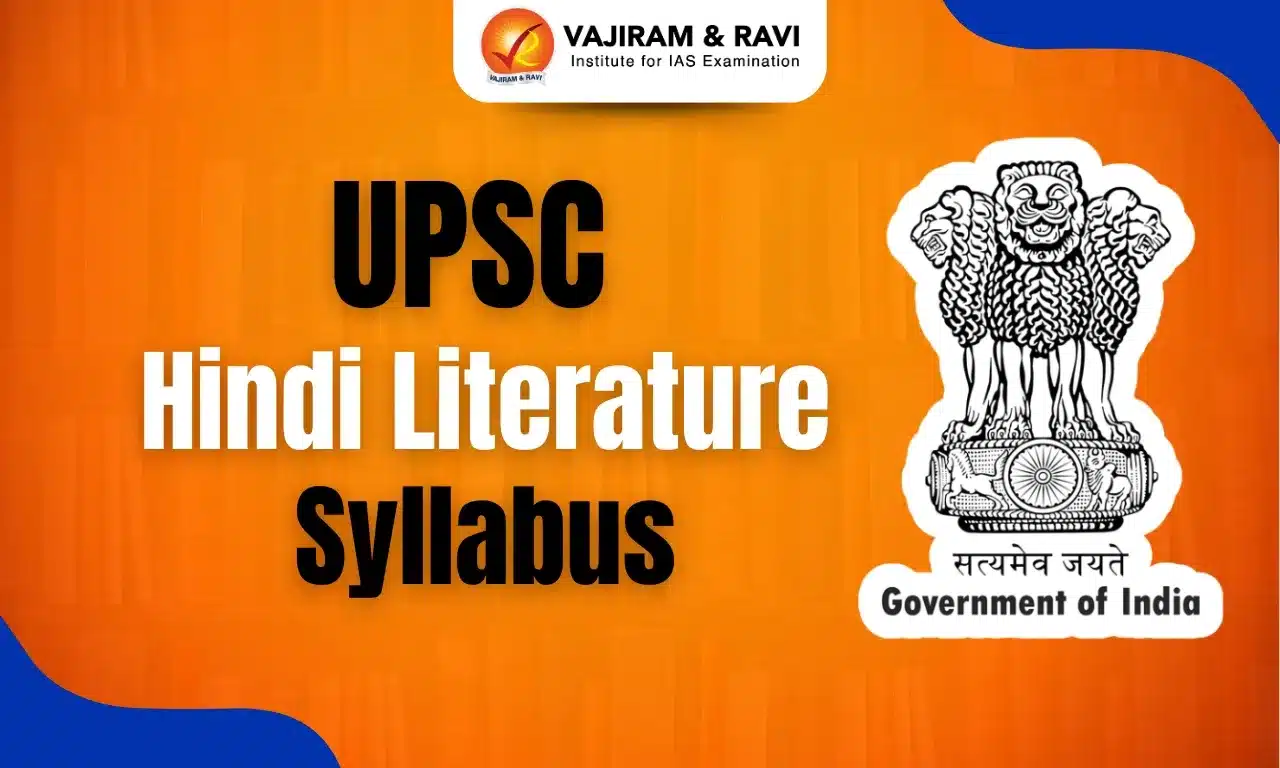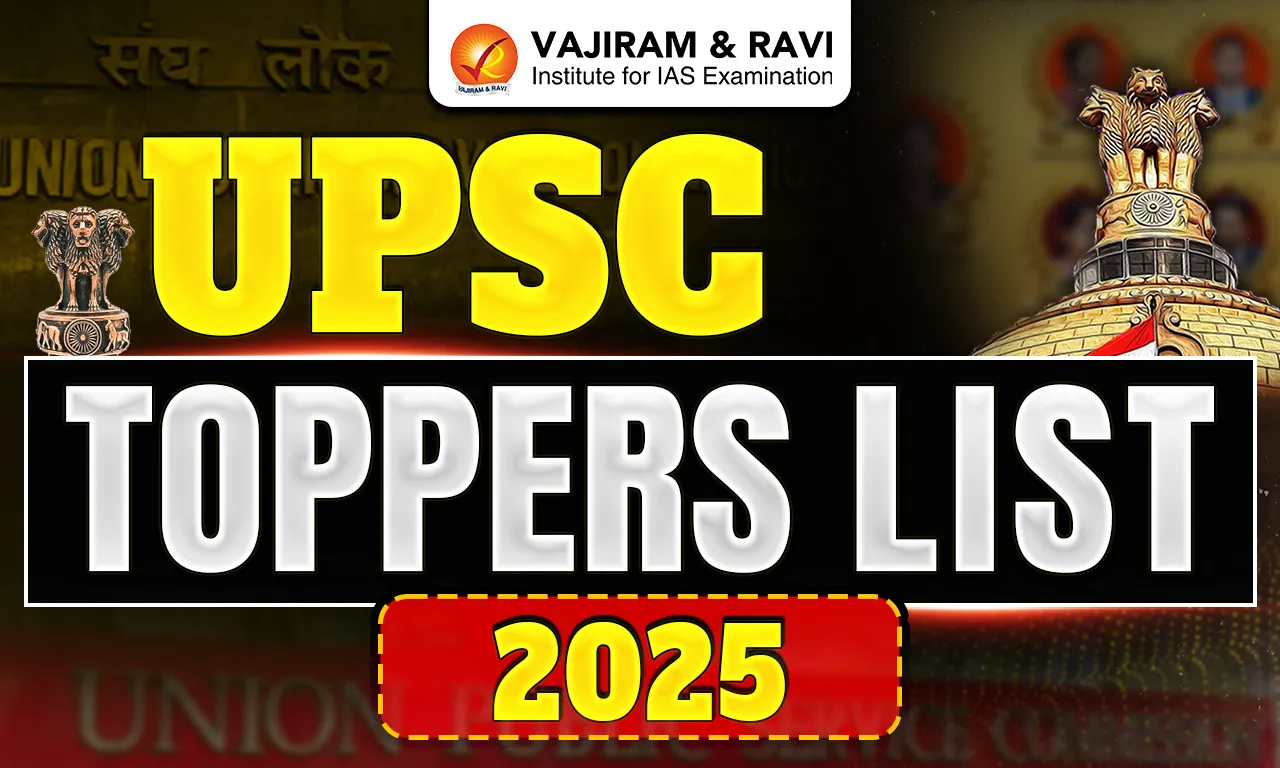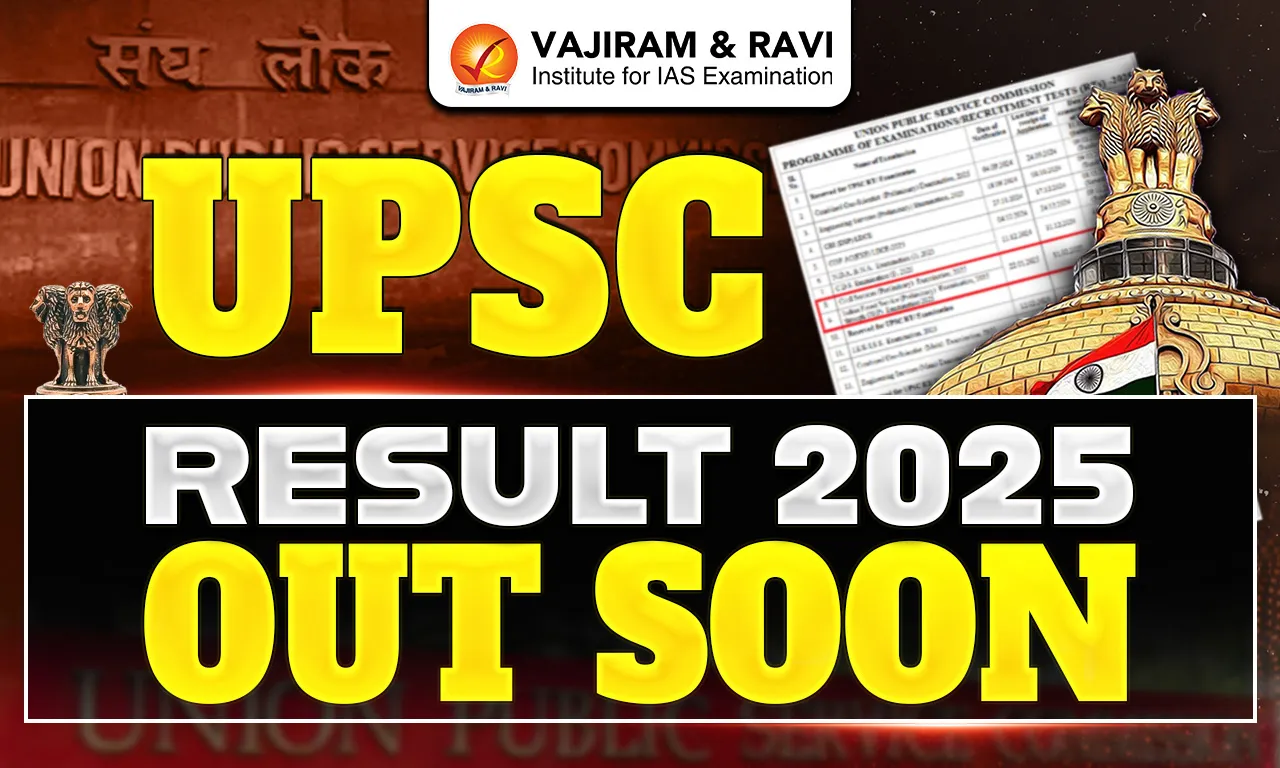UPSC Hindi Literature Optional Syllabus for UPSC Mains assesses the proficiency of students in Hindi Literature. It covers all areas of hindi literature from classical heritage to modern developments. The goal is to test the skills of students to be able to understand literary works, critical approaches and historical developments of the language.
UPSC Hindi Literature Optional Syllabus
The UPSC Hindi Literature Optional Syllabus has two papers, Paper 1 and Paper 2 both carrying 250 marks each. While Paper 1 covers historical development of Hindi language, significant dialects and major literary forms from ancient to medieval times. It also includes many important classical and medieval literary works. UPSC Hindi Literature Optional Paper 2 focuses on modern Hindi literature, including prose, poetry and drama with an emphasis on literary criticism and in-depth study of contemporary writers and their contribution to Hindi Literature.
|
Overview of Hindi Optional Syllabus for UPSC |
||
|
Mains Papers |
Subject |
Marks |
|
Paper VI |
Hindi Literature Optional Paper 1 |
250 |
|
Paper VII |
Hindi Literature Optional Paper 2 |
250 |
|
TOTAL |
500 |
|
|
Time Duration |
3 hours |
|
Hindi Optional Syllabus for UPSC Paper 1
Hindi Optional Syllabus for UPSC Paper 1 of Hindi Literature Optional covers the study of development of Hindi from Sanskrit and Prakrit language. A student must learn the linguistic characteristics of Hindi and the impact of other languages on its evolution. Classical and medieval Hindi literature includes an in-depth study of major poets like Tulsidas and Kabir, focusing on their thematic contributions and stylistic nuances. The syllabus also explores the development of various literary forms, including classical poetry, medieval narratives, and folk traditions, tracing their evolution across different periods. Additionally, students must learn significant literary movements and critical texts that have shaped Hindi literature, analyzing their historical and cultural contexts.
|
UPSC Optional Hindi Literature Syllabus Paper 1 |
|
|
Section |
Topics of UPSC Hindi Optional Syllabus |
|
Section-A |
|
|
Section-B |
|
Hindi Optional Syllabus for UPSC Paper 2
UPSC Hindi Literature Optional Paper 2 Syllabus covers literary criticism and modern Hindi literature. Candidates must explore various approaches to literary criticism, including traditional Indian perspectives and modern Western methodologies, and apply these frameworks to Hindi texts. This requires a deep understanding of critical analysis and interpretative techniques.
The study of modern Hindi literature involves an in-depth examination of major authors and poets, focusing on their thematic concerns, narrative techniques, and socio-cultural impact. The syllabus also includes an analysis of modern Hindi poetry, prose, and drama from the 19th century onwards, tracing the evolution of literary styles and movements. Additionally, candidates will critically engage with the works of influential writers such as Premchand, Nagarjun, and Agyeya, understanding their contributions to Hindi literature and broader literary trends.
|
UPSC Optional Hindi Literature Syllabus Paper 2 |
|
|
Section |
Topics of UPSC Hindi Optional Syllabus |
|
Section-A |
|
|
Section-B |
|
Hindi Literature Syllabus Books for UPSC Mains
To prepare for UPSC Hindi Literature Syllabus, the following books can be read:
- "Hindi Sahitya Ka Itihas" by Acharya Ram Chandra Shukla, which contains a detailed history of Hindi literature.
- "Adhunik Hindi Sahitya" by Dr. Nagendra is a must-read to understand the modern forms of literature.
- Collections like "Premchand Ki Kahaniyan" are significant to understand his contribution.
- "Kamayani" by Jaishankar Prasad is also an important text to analyze critically.
- Reading selected works of Premchand, Nagarjun, and Agyeya is highly recommended for Paper 2, giving one a good understanding of the key texts and authors.
Last updated on March, 2026
→ UPSC Notification 2026 is now out on the official website at upsconline.nic.in.
→ UPSC IFoS Notification 2026 is now out on the official website at upsconline.nic.in.
→ UPSC Calendar 2026 has been released.
→ UPSC Final Result 2025 is expected to be released soon.
→ Check out the latest UPSC Syllabus 2026 here.
→ UPSC Prelims 2026 will be conducted on 24th May, 2026 & UPSC Mains 2026 will be conducted on 21st August 2026.
→ The UPSC Selection Process is of 3 stages-Prelims, Mains and Interview.
→ Prepare effectively with Vajiram & Ravi’s UPSC Prelims Test Series 2026 featuring full-length mock tests, detailed solutions, and performance analysis.
→ Enroll in Vajiram & Ravi’s UPSC Mains Test Series 2026 for structured answer writing practice, expert evaluation, and exam-oriented feedback.
→ Join Vajiram & Ravi’s Best UPSC Mentorship Program for personalized guidance, strategy planning, and one-to-one support from experienced mentors.
→ Check UPSC Marksheet 2024 Here.
→ UPSC Toppers List 2024 is released now. Shakti Dubey is UPSC AIR 1 2024 Topper.
→ Also check Best UPSC Coaching in India
UPSC Hindi Literature Syllabus FAQs
Q1. What is the syllabus for Hindi Literature in UPSC?+
Q2. What is the syllabus for Hindi in UPSC?+
Q3. What is taught in Hindi Literature?+
Q4. How many subjects are available in Hindi medium for UPSC?+
Q5. Which subject should one study to become an IAS officer?+
Tags: hindi literature optional syllabus hindi optional syllabus UPSC













